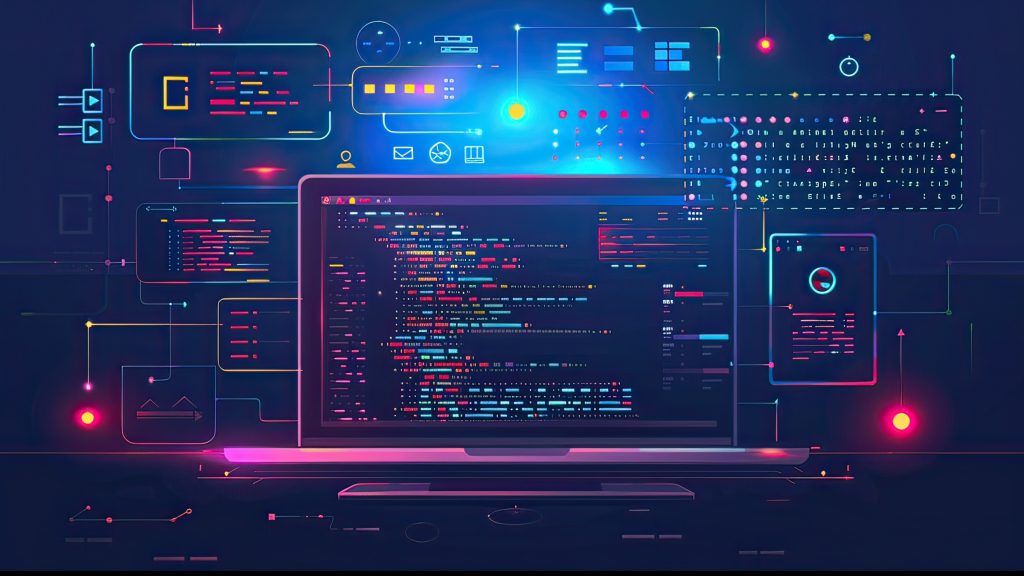
Banking technology leaders warned in April that while AI coding tools like ChatGPT for finance boost developer productivity by 10% to 20%, but financial institutions still need skilled programmers for security and system integrity in mission-critical financial software, according to FinTech Futures.
In the past year, JP Morgan Chase reported efficiency gains from AI-assisted coding, but experts are warning of this excessive reliance on generated code without any human supervision, culminating in vulnerabilities.
Banks are hastening their adoption of intelligent tools, such as ChatGPT for finance, as the financial industry stands tall against pains in balancing productivity gains with its need for experienced developers to audit and secure AI-produced tools.
Experts argue that the use of a finance ChatGPT tool, especially in highly regulated financial environments, can lead to system failures, which bring along severe consequences.
Absent experienced programmers with ChatGPT banking system weaknesses to shepherd and fine-tune AI, financial institutions risk bringing vulnerabilities. Even if AI can speed up development, there is no substitute for human expertise for code quality and system integrity.
“System engineers can use natural language processing models to feed requirements into AI systems, which can then propose initial design options and their respective trade-offs,” according to Deloitte’s “AI Can Help Banks Unleash a New Era of Software Engineering Productivity,” report.
“Some engineering teams are using AI testing tools, such as Applitools, Functionize, and Testim, to help automate test case generation and execute a large number of test cases in a short period of time,” it added.
ChatGPT for Finance
Tools like Visual Basic facilitated the creation of programs with less code, but many programmers lacked sophisticated knowledge to handle more complex problems. Programs built with C and Windows APIs were harder to develop, yet much faster and more secure, key for banking platforms where these factors matter most.
The same cycle is repeated with AI-generated code in banks using ChatGPT. While it can handle simple tasks, it doesn’t always yield efficient or secure results. Analysts warn that using ChatGPT in finance without human oversight could lead to issues similar to those with legacy COBOL systems – mission-critical platforms that few developers know how to maintain.
ChatGPT Use Cases in Banking
ChatGPT in banking and companies should begin to invest in the system programmers of the future in the years ahead. These individuals are the ones familiar with how software communicates with hardware, how operating systems address memory, and how to develop code for speed and reliability.
AI can, and will, supercharge productivity with access to vast open-source repositories, but first, organizations must guarantee AI is guided by human expertise, and not the other way around.
Meaning, delivering on the promise of offering new career opportunities through training and developing long-term roles for developers, closing the gap between high-level AI ChatGPT in banking output and low-level system performance.
Without this, financial institutions risk repeating past mistakes relying on tools, such as ChatGPT for finance, without investing in the developers behind these tools’ success.
Inside Telecom provides you with an extensive list of content covering all aspects of the tech industry. Keep an eye on our Fintech sections to stay informed and up-to-date with our daily articles.